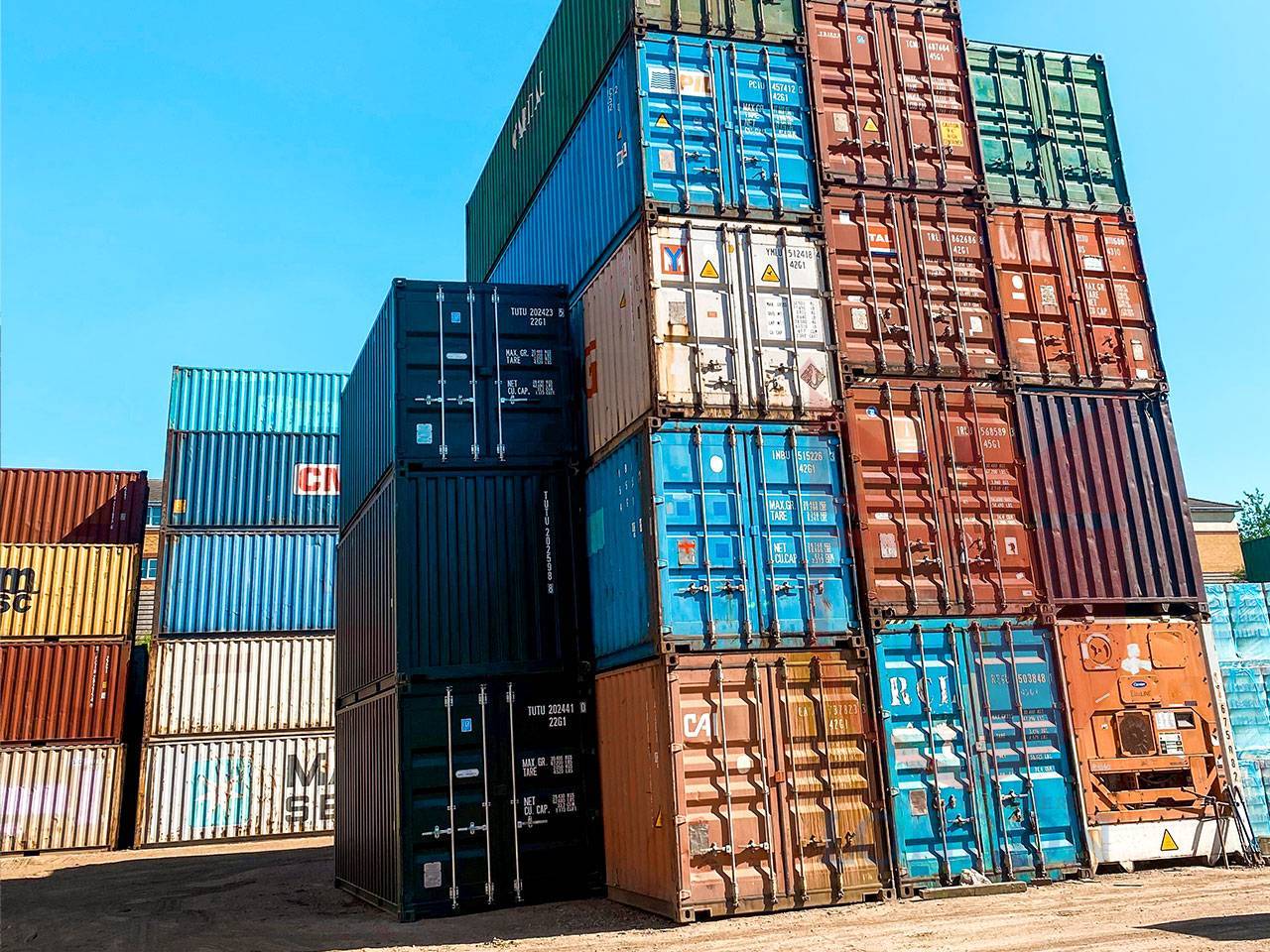As the foundation of international transportation, shipping containers have long been associated with trade and logistics worldwide. However, their strength and adaptability have spurred a creative revolution in contemporary architecture, especially regarding storage solutions. Shipping containers satisfy various storage needs in every location, providing innovative, affordable, and sustainable solutions. This article examines the many inventive ways shipping containers can be used for storage.
Urban storage facilities
Urban storage facilities are becoming an attractive alternative as cities expand and available space becomes more limited. A unique chance to design modular storage units that are portable and simply movable is presented by shipping containers. These container-based storage facilities can be strategically positioned strategically in underutilized locations like vacant lots or industrial zones to give locals easy access to storage. For example, businesses such as “Container Park” in different cities have converted shipping containers into self-storage spaces. This strategy reduces construction costs and time while optimizing land portable storage solutions.
Shipping containers are an excellent option for mobile storage solutions. For example, Titan Containers United Kingdom offers containers for individuals and businesses for short-term storage requirements, such as events, repairs, or seasonal inventory. For instance, construction businesses frequently use shipping containers as on-site storage for tools, materials, and equipment. Because of their resilience, priceless goods are shielded from weather-related damage and theft. Similarly, event planners can hire containers to safely hold supplies and equipment throughout an event, guaranteeing convenient access without sacrificing security.
Sustainable storage option
Shipping containers offer an environmentally friendly storage option in light of the growing concerns about sustainability. Reusing old containers lessens the environmental impact by lowering the requirements for new materials. Instead of erecting conventional structures, many businesses turn cargo containers into storage facilities. In addition to preserving resources, this encourages upcycling and recycling. Businesses that prioritize sustainability, for instance, are utilizing repurposed containers to build environmentally friendly storage facilities that align with eco-friendly principles.
Customized storage spaces
It is simple to alter shipping containers to meet unique storage requirements. Their versatility enables the development of unique storage solutions for commercial, industrial, or personal usage. For example, people can customize storage areas for workshops, art studios, or hobbies by converting containers. Shelving, temperature control, and security elements can be added to a shipping container to create a helpful area that meets the user’s needs. Similarly, companies can alter containers to hold supplies, equipment, or records, increasing the storage environment.
Emergency and disaster relief storage
Shipping containers are an essential component of emergency and disaster relief operations during times of crisis. These are perfect for temporary storage solutions in disaster-affected areas because of their strength and portability. Organizations frequently use shipping containers to store goods, including clothing, food, water, and medical supplies. Containers may be swiftly placed to offer temporary storage solutions during natural catastrophes, guaranteeing those in need have access to necessary materials. This versatility highlights how crucial shipping containers are to humanitarian endeavors.
Retail and commercial storage
The benefits of shipping containers as storage solutions are becoming increasingly apparent to retailers. Containers can be helpful for storage spaces for extra goods because of the growth of e-commerce and the requirement for effective inventory management. For example, Titan Containers United Kingdom companies can manage inventory without increasing their physical footprint by using shipping containers as pop-up storage areas at busy times of the year. This flexibility is very beneficial for small firms that do not have the funds to invest in more extensive storage facilities.
Shipping containers entirely transform the idea of storage in contemporary architecture. They are valuable resources for various storage applications due to their versatility, affordability, and sustainability. The inventive applications of shipping containers vary, ranging from specialized areas to transportable solutions to urban storage facilities. Shipping containers will become more crucial in satisfying the needs of an ever-evolving society and a growing desire for creative storage solutions. Adopting this trend encourages efficiency and, in our ever-changing environment, helps create a more sustainable and inventive approach to storage.

